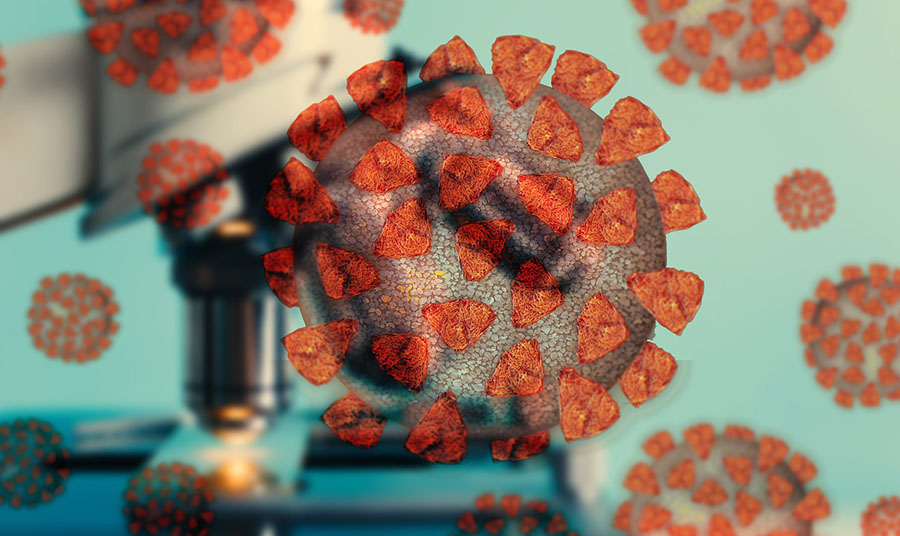RepliCel Life Sciences Inc. (RP:TSX.V; REPCF:OTCQB), a Canada-based biotech company, focuses its attention on regenerative medicine technology.
On October 11, RepliCel announced that it had closed an investment with Chinese partner YOFOTO.
Initially in January 2018, RepliCel Life Sciences landed its key commitment from YOFOTO. The company shared that, "YOFOTO (China) Health Industry Co. Ltd [was] to invest in becoming RepliCel's strategic partner for Greater China," with two of the three licensed programs focused on skin rejuvenation.
Most experts regard China as the third largest cosmetic treatment market (after the United States and Brazil). Management considers the recent news significant for RepliCel's future development.
"The Chinese cosmetic treatment market is growing up to six times faster than the global average by number of treated people with the number of procedures increasing as much as 40% year-on-year," RepliCel reported.
In May 2018, RepliCel Life Sciences announced bind terms with partner YOFOTO that involved an "up-front investment of CA$5,090,000 at CA$0.95 per share plus 20% warrant coverage exercisable at CA$0.95 per share for a period of two years."
YOFOTO has committed to spending a minimum of $7 million over the next five years in greater China on ReplicCel's programs and related infrastructure. "This includes [YOFOTO] financing technology transfer, manufacturing, regulatory submissions and clinical trials in greater China as well as the commercial launch of our dermal injector in greater China." But RepliCel notes that YOFOTO has indicated that it expects to spend much more than the minimum figure.
In addition, YOFOTO has "committed to over $4.5-million in milestone payments, some of which are pre-commercial, plus sales royalties."
Now that the deal is fulfilled, what does this mean for RepliCel's future growth?
Products Launching in Europe and Asia
RepliCel believes its technology has the potential to disrupt the dermatology space. CEO R. Lee Buckler shares that, as of late, the company has continued to extend its blueprint into both Asia and Europe.
According to RepliCel, "The [YOFOTO] transaction includes the grant of an exclusive license to YOFOTO of the company's tendon regeneration cell therapy technology (RCT-01), skin rejuvenation cell therapy technology (RCS-01) and its injection technology for dermal applications (RCI-02) (excluding hair-related treatments) in greater China (Mainland China, Hong Kong, Macau and Taiwan)."
While all of the products are currently pre-commercial, the company says it has a strategic plan for maturing its first wave of developing assets to commercial launch in select markets in the short-term.
RepliCel's nearest-term commercial asset is RCI-02, the proprietary "dermal injector that brings microdose precision in a way in which no other injector is capable of doing," according to the company. Once the European CE Mark is received, that will open up pathways beyond Europe.
According to Buckler, "There are a number of countries that accept a CE Mark or an FDA 510(k) approval as sufficient to commercialize medical devices in their country. One of those countries is Hong Kong."
Each of RepliCel's cell therapies successful completed phase 1 trials last year. Some countries have a faster pathway to commercialization of these types of products. Through RepliCel's partnership with Shisheido, a clinical study of RCH-01 is being run in Japan. Data is expected to be released sometime in 2018. RepliCel noted, "With sufficiently positive data from the RCH-01 clinical study in Japan, Shiseido may be in a position to launch the product in Japan for the treatment of patients with androgenic alopecia."
The company's tendon regeneration cell therapy, RCT-01, is designed to help those who suffer from chronic tendon degeneration. Early pilot studies showed that an injection of these highly collagen-specific cells produced significant reduction in pain and an increase in function within the participants. The same collagen-producing cell therapy product recently demonstrated, in a clinical trial of RCS-01, the capacity to significantly increase the collagen matrix under the skin which keep skin young-looking and wrinkle-free.
These therapies are now being codeveloped in greater China with RepliCel’s new partner, YOFOTO.
This week, RepliCel released a list of near-term catalysts over the next 15 to 18 months:
- Anticipated announcement of clinical results from the Shiseido-funded pattern baldness study in Japan;
- Commercial-grade prototypes of the dermal injector built and available for clinical and functional testing;
- Launch of clinical testing of the injector at select clinical sites for limited clinical applications;
- CE Mark of the dermal injector to be followed by a new level of commercial partnership discussions;
- Registration of the RCI-02 CE Mark in Hong Kong for a commercial launch of the dermal injector by YOFOTO;
- A decision from Shiseido on if and when it intends to launch of the RCH-01 in Japan;
- Data from the gene marker identification study continuing at University of British Columbia;
- Receipt of grant financing to finance further product development;
- Completion of YOFOTO's manufacturing facility in Ningbo, China;
- Completion of technology transfer of the two licensed cell therapy programs to YOFOTO;
- Guidance from Chinese regulators on approvals for clinical trials of RCS-01 (skin rejuvenation) and RCT-01 (tendon regeneration) in China;
- A designation from Chinese regulators for the RCI-02 (dermal injector) in mainland China.
Immediately prior to the YOFOTO investment, there were 21 million RepliCel shares outstanding, with another 5 million issued to YOFOTO (19.9% of outstanding shares) in exchange for the investment.
CEO Buckler says 15% to 20% of shares are held with management, shareholders close to management and long-term committed shareholders.
Read what other experts are saying about:
Disclosure:
1) Nikia Wade compiled this article for Streetwise Reports LLC and provides services to Streetwise reports as an independent contractor. She or members of her household own securities of the following companies mentioned in the article: None. She or members of her household are paid by the following companies mentioned in this article: None.
2) The following companies mentioned in this article are billboard sponsors of Streetwise Reports: RepliCel Life Sciences. Click here for important disclosures about sponsor fees.
3) Comments and opinions expressed are those of the specific experts and not of Streetwise Reports or its officers. The information provided above is for informational purposes only and is not a recommendation to buy or sell any security.
4) The article does not constitute investment advice. Each reader is encouraged to consult with his or her individual financial professional and any action a reader takes as a result of information presented here is his or her own responsibility. By opening this page, each reader accepts and agrees to Streetwise Reports' terms of use and full legal disclaimer. This article is not a solicitation for investment. Streetwise Reports does not render general or specific investment advice and the information on Streetwise Reports should not be considered a recommendation to buy or sell any security. Streetwise Reports does not endorse or recommend the business, products, services or securities of any company mentioned on Streetwise Reports.
5) From time to time, Streetwise Reports LLC and its directors, officers, employees or members of their families, as well as persons interviewed for articles and interviews on the site, may have a long or short position in securities mentioned. Directors, officers, employees or members of their immediate families are prohibited from making purchases and/or sales of those securities in the open market or otherwise from the time of the interview or the decision to write an article, until one week after the publication of the interview or article. As of the date of this article, officers and/or employees of Streetwise Reports LLC (including members of their household) own securities of RepliCel Life Sciences, a company mentioned in this article.



























































